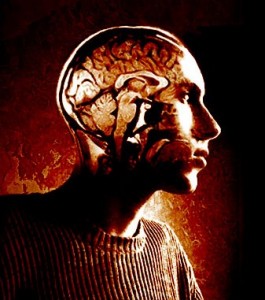WEDNESDAY, 1 AUGUST 2012
Be it lucky charms, alcohol or medicines – their effect on us is shaped by the power of suggestion. At least this is what psychological scientists Maryanne Garry, Robert Michael and Irving Kirsch suggest in their new article; published in the June issue of the Current Directions in Psychological Science.Suggestions influence cognition and behaviour by creating ‘response expectancies’. Once we anticipate a specific outcome, our subsequent thoughts and actions will help bring about that outcome. Drinking a glass of wine may make you feel less inhibited and enable you to approach more people, but don’t misattribute the cause – the expectation of how the wine will make you feel also plays a major role. Deliberate suggestions can determine how people perform on learning and memory tasks, which products they prefer and how they respond to medicines.
More worryingly, non-deliberate suggestions also influence behaviour and this has important implications for fields such as scientific research and the criminal justice system. For instance, the expectations of a research experimenter can unintentionally influence subjects and the outcome of an experiment. Such unwittingly transmitted expectancies in certain labs could explain the failure to replicate experiments. Alarmingly, evidence suggests that the rate of false identifications is significantly higher when line-ups are conducted by people who know who the suspect is than when they are conducted by people who don't.
The effects of suggestion can also be positive, as in the placebo effect – when a subject is given an inert substance but responds as if they’d taken the “real” medicine. A better understanding of the placebo effect could enhance the contribution of psychological factors to non-placebo treatments, and enhance peoples’ lives.
doi: 10.1177/0963721412446369
Written by Camilla d’Angelo.

